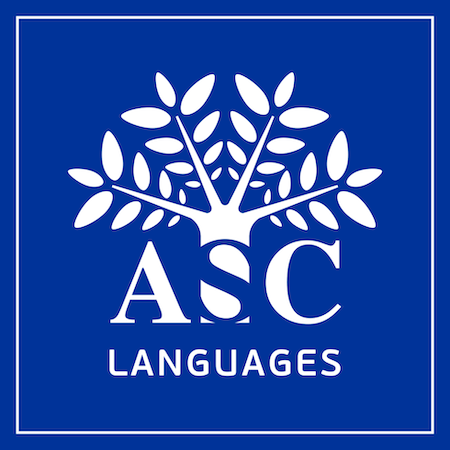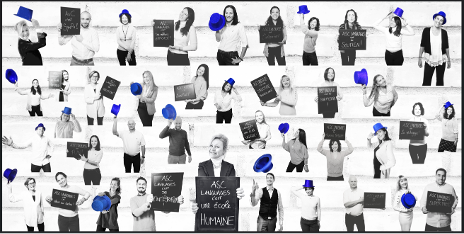Prerequisites for employment in Geneva: the importance of language skills
In Geneva, an international and multicultural city, language skills play a key role in accessing the job market. We spoke to Marc S., a social worker in a Geneva state institution, who provides day-to-day support to jobseekers as they work their way back into the job market. He explains to us the importance of attaining the necessary language level in French, English and German.
Marc, as an advisor, what can you tell us about the importance of language levels in accessing employment in Geneva?
Marc: It's a determining factor. Even for low-skilled jobs, a certain command of French is often essential, if only to understand instructions, talk to colleagues or join a team. The candidate’s language level is one of the first things employers look at, especially in sectors such as administration, care, sales and logistics. Without a minimum level of functional communication, the chances of getting a job are very slim.
Are you talking only about French, or are other languages just as important?
Marc: Marc: French remains the basis. It's the working language in most local companies. But in certain fields, such as the hotel and restaurant industry, tourism or the international sector, employers also require a good level of English. And for technical or industrial jobs, especially in large Swiss companies or those with links to German-speaking Switzerland, German can also be an asset. Each additional language opens doors. But without French, doors often remain closed.
How do you assess the language level of the people you work with?
Marc: We work with specialists such as ASC Languages, a training institute that assesses the four language skills using reference grids based on the Common European Framework of Reference for Languages (CEFR). This enables people to be placed on a scale ranging from A1 (beginner) to C2 (proficiency). An A2 to B1 level in French is generally considered a minimum threshold for employment, depending on the sector. Below this level, training is systematically recommended. Fortunately, there are plenty of French language courses available. Language courses are also often tailored to professional needs, sometimes even focusing on a specific profession or sector.
What solutions are available to improve language skills in Geneva?
Marc: Geneva is lucky to have a solid network of language schools and programmes funded or supported by public institutions. Many people take French courses through the Hospice Général, SIP, BIC, AI or partner associations. There are also English and German courses for those who already have a good basis in French and wish to broaden their skills. Some programmes even combine language and work. There's a lot on offer, but it's important to know the options. Thanks to the professional language courses, the students’ level of English improves in the context in which it is used.
My last question is, do you have any additional advice for people who are looking for a job in Geneva but have doubts about their language skills?
Marc: Don't get discouraged. You learn a language step by step. Even if you start from scratch, it's never too late. You have to look for the right courses, expose yourself to the language on a daily basis, dare to speak, make mistakes. Above all, you need to see language not as an obstacle, but as an investment in your independence. In Geneva, improving your language skills is often the first step towards employment.
Some examples of language requirements for employment in Geneva:
French: language levels required to access different types of positions in Geneva.
(CEFR reference : A1 = Beginner / C2 = Proficiency)
| Company / Sector | Type de poste | Niveau requis en français | Commentaires |
| TPG (public transport) | Bus / Tram Driver | B1 | Understanding instructions, customer contact, reports |
| Administration / technical | B2-C1 | Reading and writing documents, meetings | |
| Securitas (security) | Security Guard | B1-B2 | Speaking with people, reports, conflict management |
| Manor (department store) | Stock / Logistics / Warehouse | A2-B1 | Listening comprehension, teamwork |
| Sales / Till / Customer contact | B1-B2 | Communication with clients, polite language, customer orientation | |
| Nursing homes / Hospitals / Daycare | Nursing assistant, Auxiliary staff | B1-B2 | Communication with patients, families and the team |
| Public administration | Reception, Service desk, Archives | B2-C1 | Emails, regulations, official documents |
| Food Service / Hospitality | Service, Reception, Kitchen | A2-B1 | Depending on the role: essential listening comprehension + interaction |
| Cleaning / Maintenance | Cleaning staff | A2 |
Simple instructions Basic interaction |
Comments:
- These language levels are indicative: each employer may adapt their requirements.
- Positions involving customer contact or writing require a higher level.
- French has priority, but in certain sectors (tourism, diplomacy), a good level of English or German may be requested or even required.
English or German: Language levels required to work in Genevanglais ou d’allemand : Niveaux de langue requis pour travailler à Genève
(These 2 languages may be a strategic advantage or a prerequisite in certain fields)
| Sector / Company | Type de poste | Niveau requis en anglais | Niveau requis en allemand | Commentaires |
| International Organizations (UN, NGOs, missions, etc.) | Administration, logistics, communication | B2-C1 | A2-B1 | English is often the main working language |
| High-end hospitality / Catering | Reception, service, management | B1-B2 | A2-B1 | Bilingualism is valued for international clientele |
| Geneva Airport | Reception, security, retail | B1-B2 | A1-A2 | English is essential for interactions |
| Private hospitals and Clinics | Medical staff, reception | B1 | A2-B1 | English is useful for international patients |
| Manor, Globus, department stores | Sales (luxury goods, perfumery) | B1-B2 | A2-B1 | Highly sought after in cosmetics / luxury sectors |
| Banks / Finance | Back office, front office | B2-C1 | B2-C1 | Trilingualism often required: FR-EN-DE |
| Multinationals / Start-ups | IT, marketing, HR, project management | B2-C1 | A2-B1 | English is often the internal company language |
| Public Services (border municipalities) | Administration, reception | A2-B1 | B1-B2 | German may be required for inter-cantonal communication |
| Logistics / Transport / Industry | Teaching, administration | A2-B1 | A2-B1 | An asset for dealing with German-speaking Swiss suppliers |
| Private / International Schools | Teaching, administration | C1 | A2-B1 | English is often the primary language |
Comments:
- French remains the nr. 1 language in Geneva.
- English is often required in the international, financial or tourism sectors.
- German is especially useful in relations with German-speaking Switzerland or in companies with Swiss-German customers
Thanks to Marc S. for this concrete and instructive insight. In Geneva, speaking the language well is more than just an advantage: it's often the key to finding a job. And there are ways of doing this, you just have to knock on the right door.
Explore
Support
Language courses
Company policy
Data protection law


